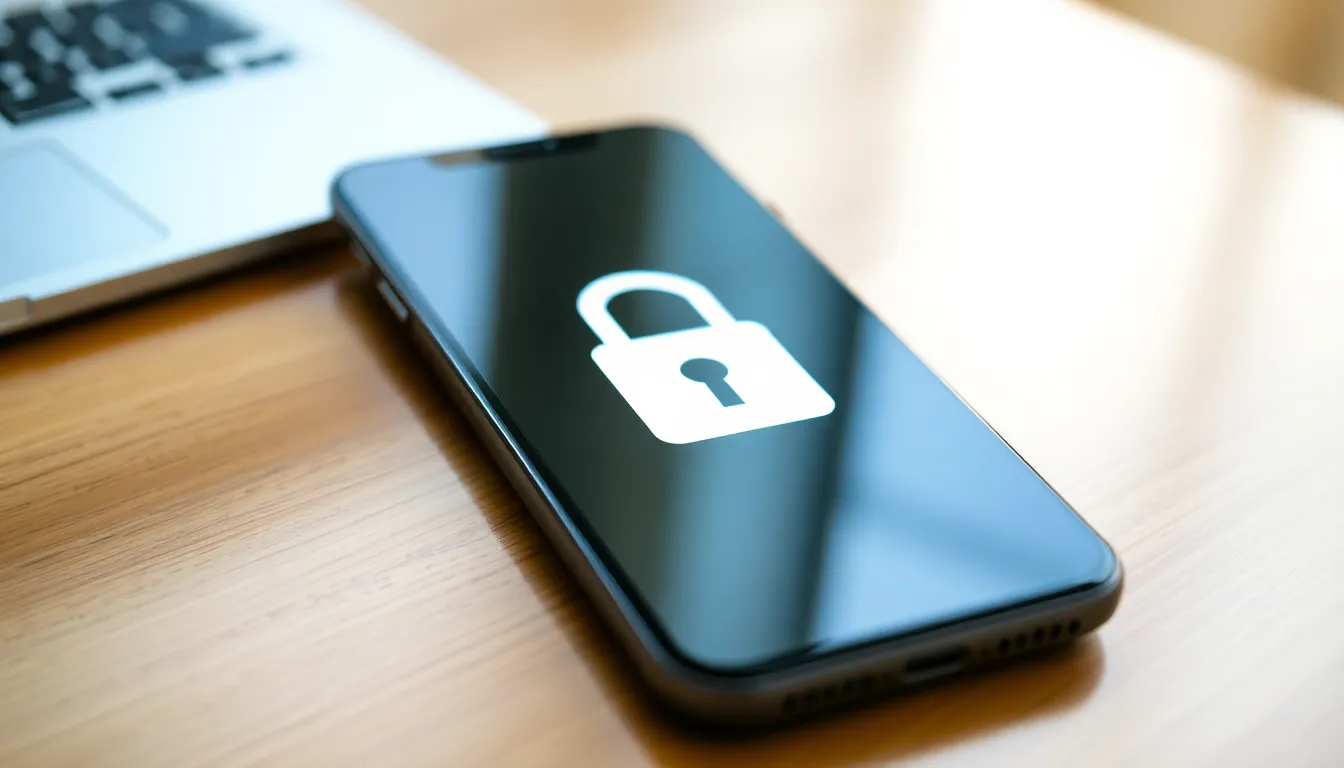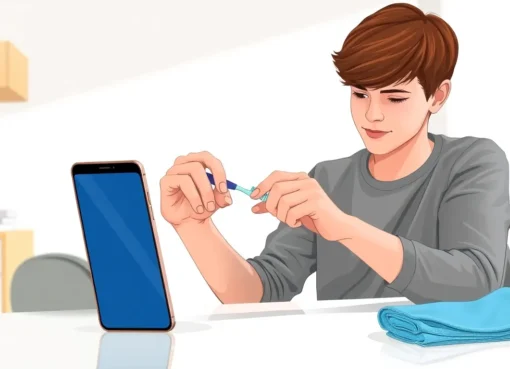How to Make Phone Number Private: 10 Essential Tips to Protect Your Privacy

In a world where sharing is the norm, keeping your phone number private can feel like trying to hide a giraffe in a phone booth. Everyone wants to connect, but not everyone deserves access to your digits. Whether it’s pesky telemarketers or that one friend who just can’t take a hint, protecting your privacy is more important than ever.
How to Make Phone Number Private
Maintaining phone number privacy is crucial in a world increasingly reliant on personal information sharing. Protecting this information not only shields against unwanted communication but also helps preserve one’s overall digital security.
Importance of Keeping Your Number Private
Keeping a phone number private minimizes unsolicited calls. Privacy prevents exposure to spam and unwanted promotions. It fosters better control over personal connections. Additionally, safeguarding a number enhances safety by reducing the risk of harassment or stalking. When individuals choose to share their contact information, it often leads to a surge in unwanted correspondence.
Risks of Sharing Your Phone Number
Sharing a phone number can lead to various security threats. Exposure increases the likelihood of identity theft or fraud. Cybercriminals often use phone numbers to gain access to sensitive accounts. Spammers and telemarketers frequently target shared numbers, leading to disturbances in daily life. Furthermore, sharing personal information can cause significant privacy concerns, especially in a connected environment where data breaches occur. Each incident showcases the pressing need for individuals to safeguard their phone numbers diligently.
Methods to Make Your Phone Number Private

Protecting your phone number is essential for maintaining privacy. Several effective methods exist to help individuals keep their contact information confidential.
Use Caller ID Blocking
Blocking caller ID prevents recipients from seeing the caller’s number. This feature can be activated on most mobile devices and providers offer options to block outbound caller ID. When individuals call someone, only an “unknown” or “private” label appears on the receiver’s phone. Activating this option helps in situations requiring anonymity. Most service plans allow for permanent or temporary caller ID blocking, making it accessible for casual or ongoing use. Users can check their provider’s services to enable this feature easily.
Utilize Temporary Phone Numbers
Temporary phone numbers provide a practical solution for privacy concerns. Services like Google Voice or Burner allow individuals to create alternate numbers. These numbers serve as shields against unwanted calls, keeping the primary number confidential. Users can share these numbers for online registrations or when interacting with unfamiliar parties. When users no longer need the temporary number, they can deactivate it, cutting off further communication without hassle. This method effectively reduces the risk of spam and unsolicited contact.
Adjust Privacy Settings in Apps
Many apps include privacy settings to restrict who accesses a user’s phone number. Social media platforms and messaging applications often provide options to hide personal information from public view. Users can navigate to account settings to control visibility. By limiting their phone number exposure, individuals can reduce the likelihood of telemarketers or strangers obtaining this sensitive information. Regularly reviewing and adjusting these settings ensures that personal contact details remain secure. Engaging with these tools enhances personal security across various online platforms.
Additional Tips for Maintaining Privacy
Maintaining phone number privacy requires constant vigilance. Several strategies can enhance protection against unsolicited contacts.
Be Cautious with Online Forms
Online forms often request personal information, including phone numbers. Avoid providing your number unless absolutely necessary. Evaluate each request critically. Look for alternative options that do not require personal contact information. Some organizations may allow using a general email address instead. Using disposable phone numbers for temporary registrations can be a smart choice. Always ensure that websites are reputable before sharing any details. Implementing these practices greatly reduces exposure to unwanted calls.
Limit Public Exposure of Your Number
Public visibility of phone numbers increases the risk of unsolicited contact. Remove your number from social media profiles where privacy is not ensured. Adjust privacy settings to limit who can view your contact information. Sharing phone numbers during networking events should be done selectively. Instead of giving your private number, consider exchanging email addresses or using a business contact. Keeping your number off public directories and opting out of telemarketing lists further safeguards your privacy. Simple steps keep private information private.
Conclusion
Protecting one’s phone number is essential in today’s digital landscape. By taking proactive steps to maintain privacy individuals can significantly reduce unwanted contacts and enhance their overall security. Utilizing tools like caller ID blocking and temporary phone numbers provides effective barriers against unsolicited calls.
Staying vigilant about sharing personal information online and adjusting privacy settings further safeguards against potential threats. With the right strategies in place anyone can enjoy a more private and secure communication experience. Prioritizing phone number privacy not only fosters personal safety but also empowers individuals to control their digital interactions.



